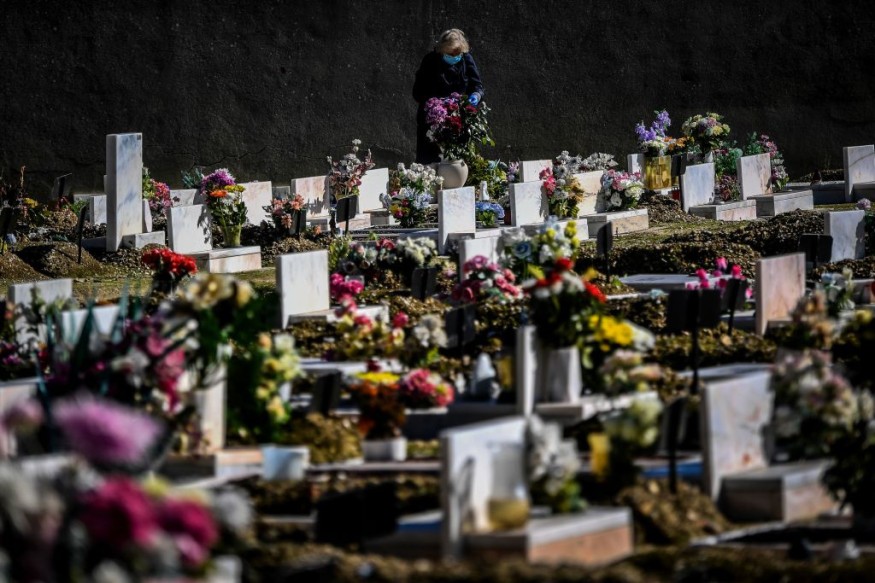In Portugal, random human corpses are mysteriously not decomposing after burial as bodies have been observed to be naturally mummified. Science Alert reported that it has created a graveyard crisis in the country since local laws implemented need the bodies to be routinely exhumed so that skeletal remains may be laid to rest in smaller containers to save space.
Families were traumatized after their loved ones were repeatedly unearthed, only to be put back to continue decaying as they have not yet decomposed. The phenomenon has exposed a gaping hole in understanding human decomposition, as nobody knows what happens to bodies buried in coffins. Authorities are now investigating to uncover the cause of the mysterious mummification.

Unusual Mummification Delays Grave Recycling
More and more European countries are forced to adopt grave recycling to avoid overcrowding, according to an article in Talk Death. These countries include Portugal, the Netherlands, Switzerland, Sweden, Italy, German, and France. Portugal introduced the concept of temporary graves in 1962 to fight the lack of space in century-old municipal cemeteries.
The idea is that a decomposed body could take up the place, so bones are packed into a smaller coffin and moved to a less spacious final resting place, like drawers in the walls of cemeteries.
Temporary plots could last for three to five years, wherein the family of the deceased will receive a letter in the third year warning them that the remains will be moved soon. But the law states that it can only be done once the body is completely decomposed, so only the skeleton and no remaining soft tissue will be left.
Gravediggers would have to dig up the body to look at it and either transfer it to a smaller space or it gets buried again if it is not yet fully decomposed. But a survey between 2006 to 2015 revealed that the bodies had not decomposed yet after exhumation.
Paulo Carrera, funeral home owner, and the chief executive of Portugal's national funeral association, told Insider that families usually take it lightly on the first time, but repeated unearthings are emotionally traumatizing. In some cases, it would take decades of repeated burial and reburial until the body fully decomposes and is sent to its final resting place.
Natural Mummification: Understanding Death and Human Decomposition
Natural mummification happens spontaneously and usually because the body dries so quickly that decomposition stops, unlike Egyptian mummies preserved on purpose. This phenomenon has been observed in extreme environments, such as deserts or glaciers, where intense heat or cold is present.
However, the reason why it happens in Portugal remains a mystery. So, Researchers like Silva Bessaa and her colleagues have been investigating what could have slowed down the decomposition of the bodies in the country as part of her Ph.D. thesis project.
They have collected samples from the bodies with consent from the families and soil around them from five cemeteries. In their study, titled "The Importance of Soil on Human Taphonomy and Management of Portuguese Public Cemeteries," published in Forensic Sciences, they wrote that some bodies are fully skeletonized while others are still decomposing and some will be mummified from head to toe.
They tested eight properties of the soil that might affect decomposition, and so far, they have yet to find a breakthrough. Their next step is to test whether substances humans took in while alive could be a factor.
RELATED ARTICLE : 17th-Century Mummified Baby Likely Died Due to Lack of Sunlight Exposure, Virtual Autopsy Reveals
Check out more news and information on Mummification in Science Times.
© 2026 ScienceTimes.com All rights reserved. Do not reproduce without permission. The window to the world of Science Times.











